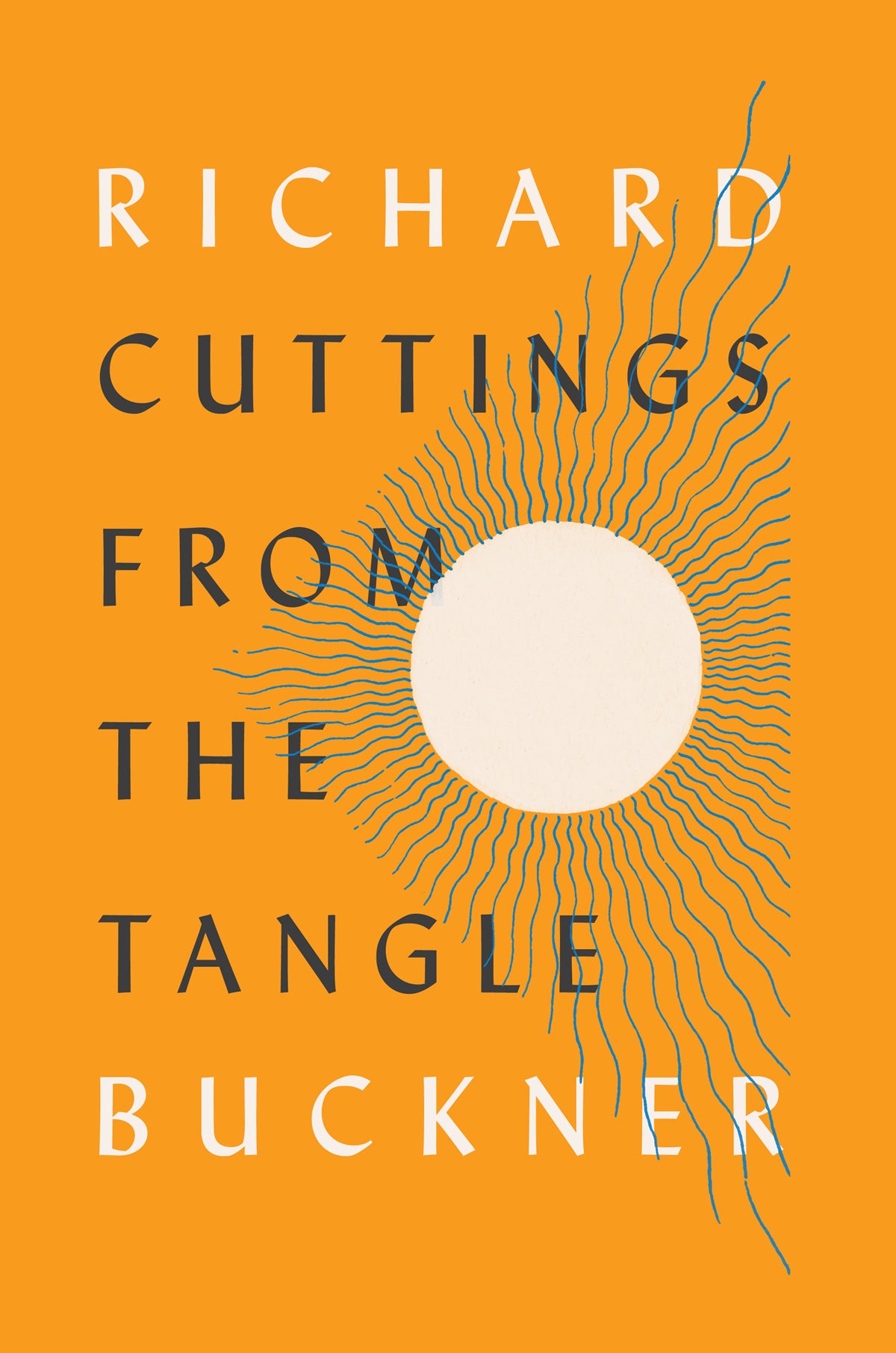
For nearly three decades, Richard Buckner has been traveling the byways of America, often alone and with little more than his guitars and notebooks. Now he's sharing what he saw, felt, and found.
Long admired for his impressionistic and elliptical lyrics, Buckner has more recently found himself pulling off the road to furiously write longer, fuller pieces. Here is a collection of his story-like poems gathered by haunting the public and private fringes of America: fifty studies wrung from thin motel walls and passing hallway echoes; from exchanges overheard between happy hour and closing time; from casually caustic conversations in junker parking lots and hash house booths; and from lost opportunities and vague chance meetings—but also from distant narrators caught staring off to recall what refuses to be forgotten.
With titles such as “One More Last One,” “Everyone is driven unknowingly to their urges,” and simply “Work,” these are Buckner’s singular reports from a revelatory road.
PRAISE
“During a career spent crisscrossing the country, Buckner has seen plenty. In all those hotels between here and there, at those bars and truck stops and lounges, he would sit and listen . . . Buckner puts that power of observation to good use.” —NPR’s Morning Edition
“Cuttings from the Tangle is not the work of a road-weary musician dabbling in another form. This book confirms a truth hinted at all these years in the language of his lyrics: Buckner is a writer.” —Literary Hub
PRAISE for RICHARD BUCKNER
“There are three kinds of American folk artists: those who sit, contented, on a back porch contemplating America’s landscape and ways; those for whom its landscape and ways are something to stand against or move boldly through; and those whose America is a shadowy, impressionistic place that moves inside of them. This is the area that the sombre-voiced Richard Buckner has been exploring since 1994.” —Sylvie Simmons, The Guardian
“[Buckner’s writing] approach has the advantage of making his songs less a matter of analysis or personal connection for his audience; instead they function almost as talisman, evoking something more abstract and specific but nonetheless primal and important for them.” —Charleston City Paper

